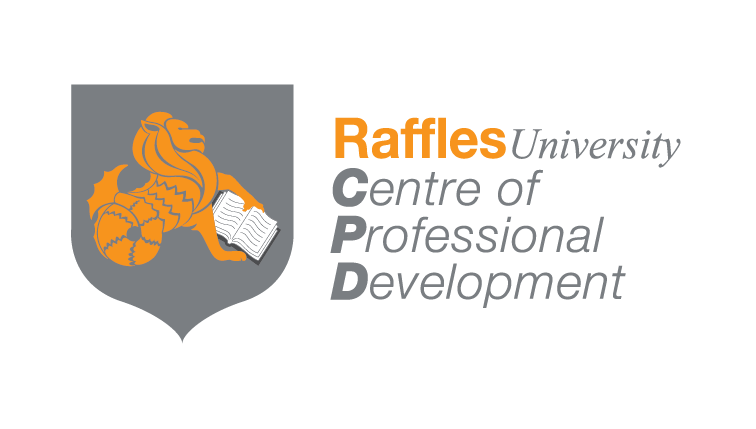
Executive Master of Psychology
RAFFLES
RAFFLES
Executive Master of Psychology
OVERVIEW
Operated by Raffles China, the Executive Master of Psychology programme offers a distinctive opportunity for business executives and working professionals in China to enhance their comprehension of the psychological principles that govern human behaviour. Tailored in Chinese to cater to the needs of local learners, this program strives to deliver a holistic and hands-on education in the realm of psychology. Its primary objective is to equip participants with the theoretical knowledge, practical skills, and research capabilities necessary to effectively apply psychological principles in their professional roles. By gaining insights into human behavior, emotion, motivation, and social interaction, participants will be enabled to make informed decisions in their workplaces.
Programme Length: One Year
Programme Delivery Mode: Online Learning
Programme Delivery Language: Chinese
Entry Requirements: A Bachelor’s Degree and with 2 years relevant working experience
Certificate Award: Raffles University Executive Master of Psychology
Tuition Fee: 42,800 RMB (Includes 2,000 RMB application fee)

PROGRAMME MODULE
FACULTY






RECENT NEWS
Enquiry Now
Raffles offers a team of dedicated education consultants and student services to assist students with all their programme inquiries and the admission process. Do not hesitate to contact us for any assistance you may require.
Admission Enquiry: China-Admissions@Raffles-University.edu.my
Student Services: StudentServices@Raffles-University.edu.my








